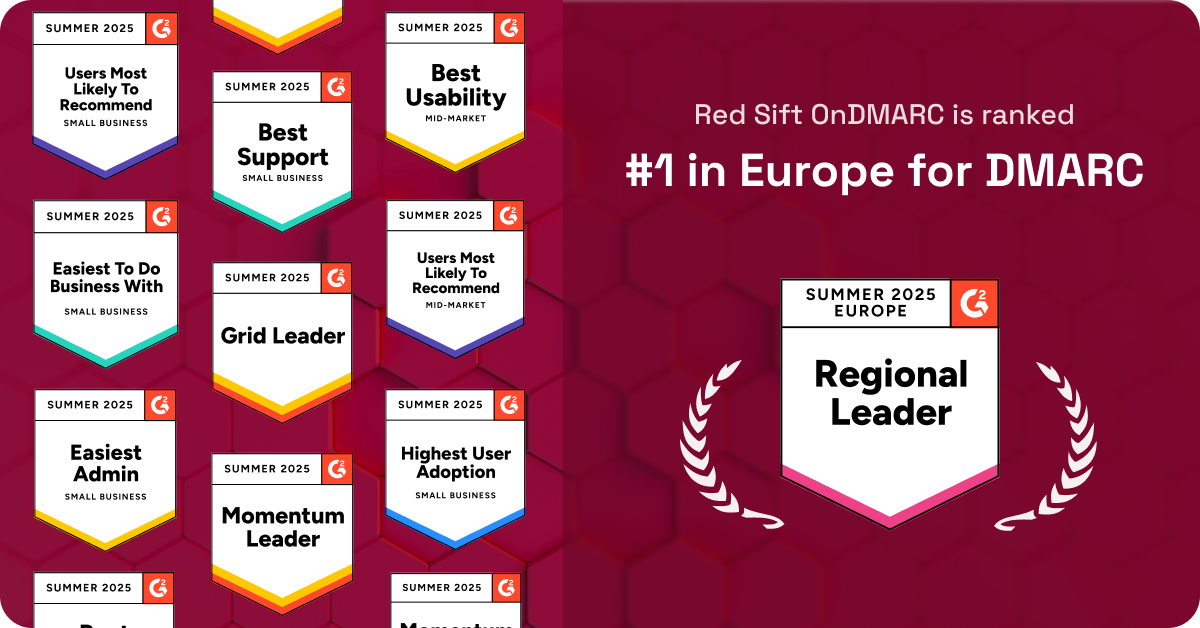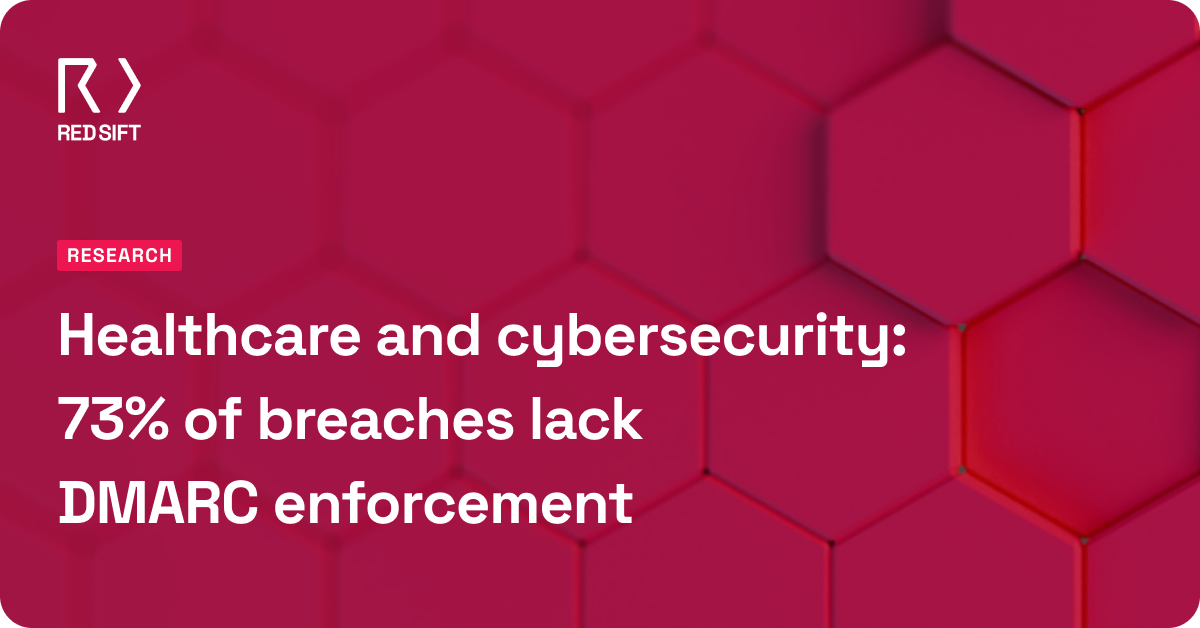DMARC is foundational for email security, and now things are only going to get better with the development of ARC.
What is ARC?
ARC stands for Authenticated Received Chain. It was developed in 2016 to resolve some issues that may arise with how SPF, DKIM, and DMARC cope with indirect mail flow.
So what was the problem?
DMARC currently relies on the pass result and alignment of either SPF or DKIM to make a decision on what to do with an email. If one protocol fails but the other passes and aligns then DMARC will pass. However, in some specific cases with indirect mail flow, both SPF and DKIM might fail to result in DMARC failure.
This is because if a sender has a DMARC policy of reject and an email:
- a) travels through a mailing list
- b) passes through a filtering service
- c) is forwarded
- or d) has its content modified
then both SPF and DKIM might fail, and hence DMARC might also fail. This means the email will never reach the end user’s mailbox.
SPF tends to break during forwarding due to the change of IP address that happens during forwarding. DKIM may also break if the content of the email is altered in transit, such as putting an unsubscribe footer at the bottom of a mailshot.
How is ARC the solution?
ARC was developed to preserve the authentication results of emails when traveling across many hops as it inserts its own headers. This means that if DMARC fails during transit the recipient might choose to look at the ARC results instead, overriding the results from DMARC and accepting the emails.
Who’s supporting ARC right now?
ARC has already been implemented by some well-known ESPs and ISPs, like AOL and Gmail, and others are on the way too. Of course, Red Sift supports ARC too! Our award-winning DMARC product OnDMARC quickly and simply informs users whenever an email’s DMARC results are trumped by ARC.
Interested in seeing how OnDMARC can help you improve your security, protect your brand, and boost your deliverability too? Enjoy a free trial below!






